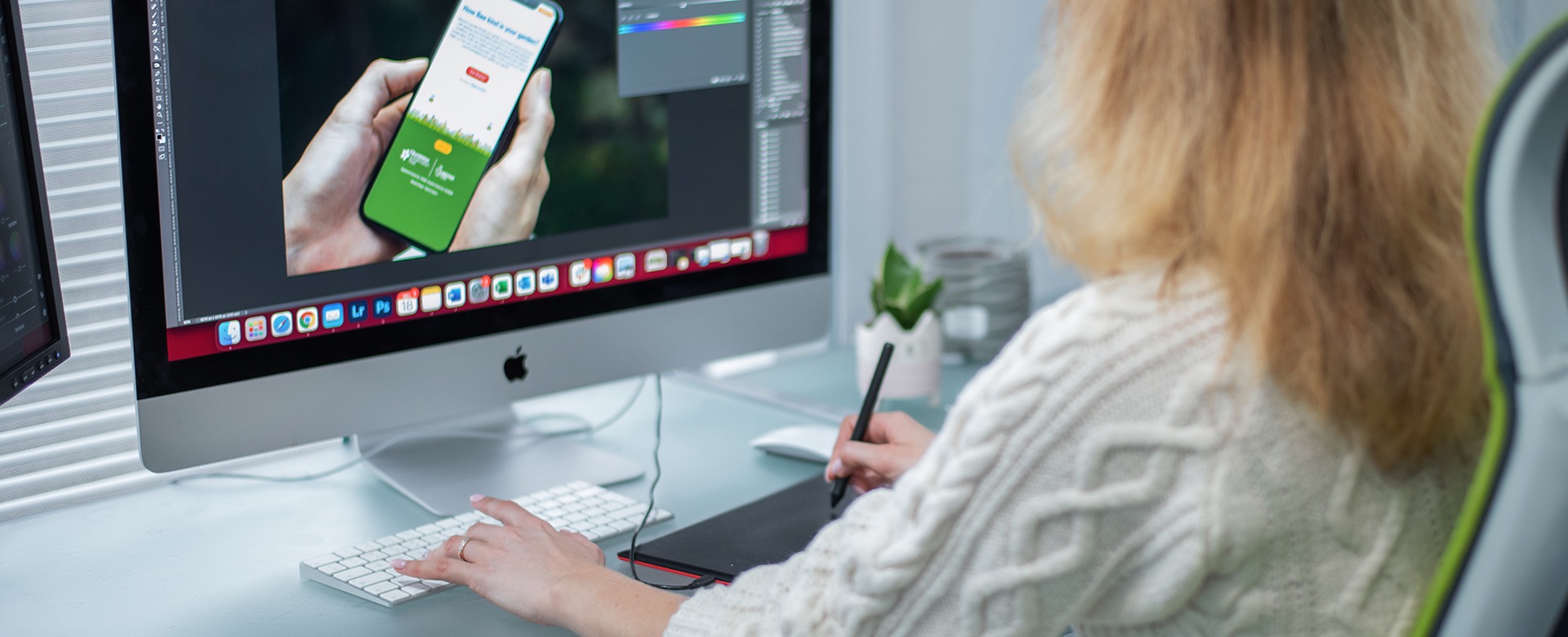To achieve continual success, brands should be prepared to adapt and transform with the times, and change to meet target market demands – the majority of company branding has seen occasional change over the years. For example, petroleum giant, Shell's, original logo was much simpler and didn't feature their distinctive yellow and red colour scheme. Modern technology has greatly advanced branding – now, bespoke, high-tech imagery can be produced much more readily than in years gone by.
High-street shopping is inevitably experiencing a drop in sales, thanks to the increased convenience that online shopping provides consumers with. 2018 saw big stores like Debenhams struggling to stay afloat in the current market. To try and counteract this, Debenhams underwent a rebranding campaign – adapting to survive. They created a new logo and tagline – “do a bit of Debenhams” – as part of a wider campaign to “reclaim the joy of shopping”.
Without change you cannot progress – Debenhams want to instil their realisation of this belief. Prior to their updated branding, they hadn't revamped their brand since 1999 - the time had definitely come. To compete with the shift to digital, they need to remain current, and all eyes are on them and their direct competitors, to see what their next move will be.
Michael Kors bought Jimmy Choo and Versace in 2017 and announced in 2018 that his company was going to combine the fashion lines and be branded 'Capri Holdings' when the sale is completed. Kors aims to create America's first luxury fashion grouping, which is sure to bring with it a whole host of new branding. The name Capri Holdings is just the start, inspired by a fabled island that has long been recognised as iconic and glamorous, which fits the luxury image they want to project.
At the start of 2018 in January, The Guardian and their sister newspaper The Observer had their masthead and format redesigned. This hadn't been tweaked since 2005. The new look is said to be in a bid to reel in a younger audience – they are trying to target phone-loving millennials with a fresher, bolder design.
2018 also saw a name change from Weight Watchers, who have now rebranded themselves as simply 'WW'. Consumers are shunning diets and are focusing more on their overall health, as opposed to weight. Low-weight doesn't necessarily equate to health, triggering the name drop. WW recently introduced WellnessWins, a program that rewards members for engaging with the app, also fitting with their alliterated brand acronym. The company revenue peaked in 2012, and whilst they have continued to have success, their revenue saw a dip in 2013 and they have not surpassed the success of 2012 since.
In recent years, a large number of the major businesses in the public eye have updated their branding. It is important brands continue to appeal to their target markets, by keeping current. We are excited to see what businesses change their branding in 2019.
For more information about how Hydra could help you with your branding, get in touch today.












